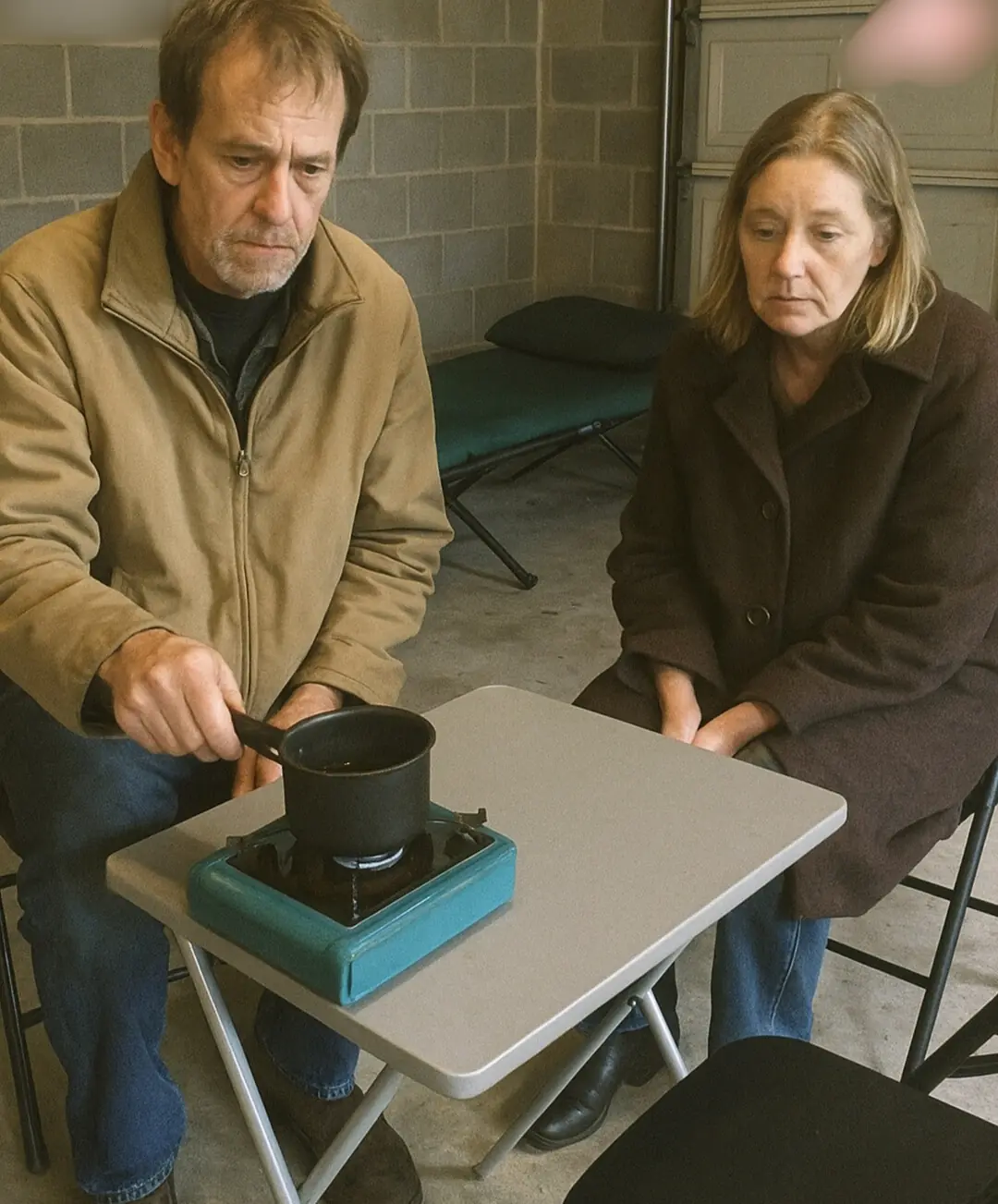
Doctor sends warning to anyone 'micro-dosing' Ozempic as fears grow about what it could do to your body
 Microdosing Ozempic: A Growing Trend with Cautionary Tails
Microdosing Ozempic: A Growing Trend with Cautionary Tails
The weight-loss world is buzzing with a new trend: microdosing Ozempic. Once primarily prescribed to people with type 2 diabetes, this medication has found a second life in the wellness space—thanks in no small part to celebrity endorsements and social media attention.
Originally designed to help regulate blood sugar levels in diabetic patients, Ozempic (semaglutide) has demonstrated a surprising and much-talked-about side effect: significant weight loss. Though the U.S. Food and Drug Administration (FDA) has not approved Ozempic specifically for weight loss, semaglutide is approved for this purpose under the name Wegovy.
From Oprah Winfrey to Sharon Osbourne, Rebel Wilson, and Amy Schumer, many high-profile figures have acknowledged using semaglutide-based medications for weight management. Their endorsements have helped catapult the drug into mainstream popularity. According to CNN, by the end of last year, one in eight Americans had tried Ozempic or a similar GLP-1 receptor agonist.
Among these users is Madison Burgess, a 25-year-old who gained attention online for documenting her weight-loss journey through "microdosing" Ozempic. Instead of following the typical dosage schedule, Madison reduced her dosage to avoid severe side effects such as nausea and fatigue—effects that intensified when her dosage increased above 1mg.
What Is Microdosing Ozempic?
Microdosing refers to taking much smaller amounts of a drug than what is typically prescribed, aiming to maintain some therapeutic benefits while minimizing adverse effects. In Madison’s case, this meant lowering her dosage enough to manage her symptoms and still experience weight loss—she lost 60 pounds over the course of two years.
Her approach has sparked both interest and concern within the medical community.
The Medical Perspective
Dr. Natasha Yates, a general practitioner and clinical expert, wrote for The Independent that there’s little to no clinical research supporting microdosing GLP-1 agonists like Ozempic. "Using injectables in this way has not been researched, so the safety has not been established," she stated.
However, she did acknowledge that logically, lower doses could lead to fewer side effects, as the body is exposed to a smaller amount of the drug. Still, the practice is not without risks.
One key issue is that the medication comes with a limited shelf life. Stretching out one prescription vial over a longer period through microdosing can increase the likelihood of using expired medication. "Injecting out-of-date medication can be a significant health risk," Dr. Yates warned, noting that bacterial growth could lead to infections or other complications.
Perhaps the most critical concern Dr. Yates raised was the lack of communication between patients and their healthcare teams. “Because there are no clear guidelines around micro-dosing, patients should only try it with caution and under medical care,” she advised. Doctors can help manage things like expiration tracking and monitor for any negative reactions.
Not a Magic Bullet
While Madison credits microdosing with transforming her life, she emphasizes that Ozempic isn’t a miracle cure. “It’s just a tool,” she told Parade. She’s combined the treatment with other lifestyle changes, including healthier eating habits and regular movement. Her motto? “Go slow and stay low.”
Madison has even become a vocal advocate for microdosing, calling it a more sustainable method for long-term weight loss. She says it helped her regain control over her appetite, particularly her cravings for sugary treats.
Yet, not everyone is convinced. Critics argue that widespread use of Ozempic for weight loss—particularly by those who are not diabetic or morbidly obese—can lead to supply shortages for those who genuinely need the drug to manage their health. Others express concern about normalizing drug use for cosmetic purposes, especially on social platforms like TikTok, where many users may not be fully informed about the potential risks.
Final Thoughts
Though microdosing Ozempic may offer a gentler approach for some, it remains an off-label practice without robust clinical backing. As with any medical treatment, especially one involving long-term hormonal or metabolic changes, consultation with a qualified healthcare professional is essential.
The increasing popularity of GLP-1 medications for weight loss signals a broader cultural shift—one where pharmaceutical interventions are being openly explored and embraced outside of their original use. While success stories like Madison’s are compelling, they also serve as a reminder that personalized, medically supervised care should always come first.
News in the same category

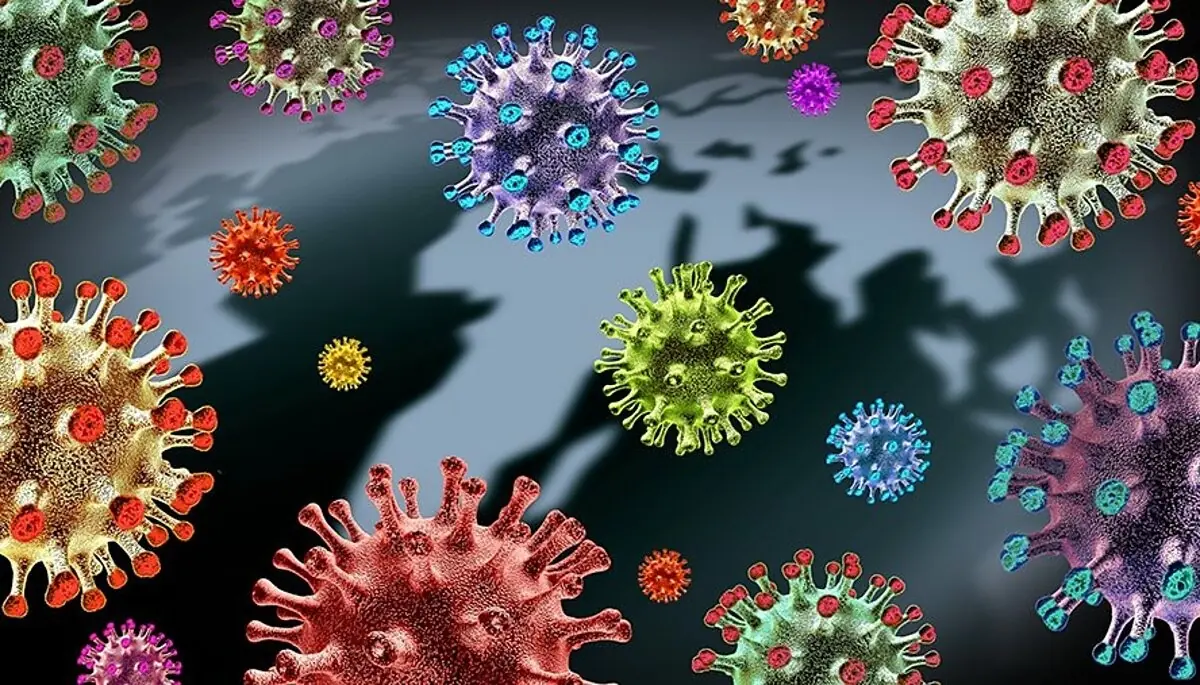
Hyperacute rejection-engineered oncolytic virus for interventional clinical trial in refractory cancer patients
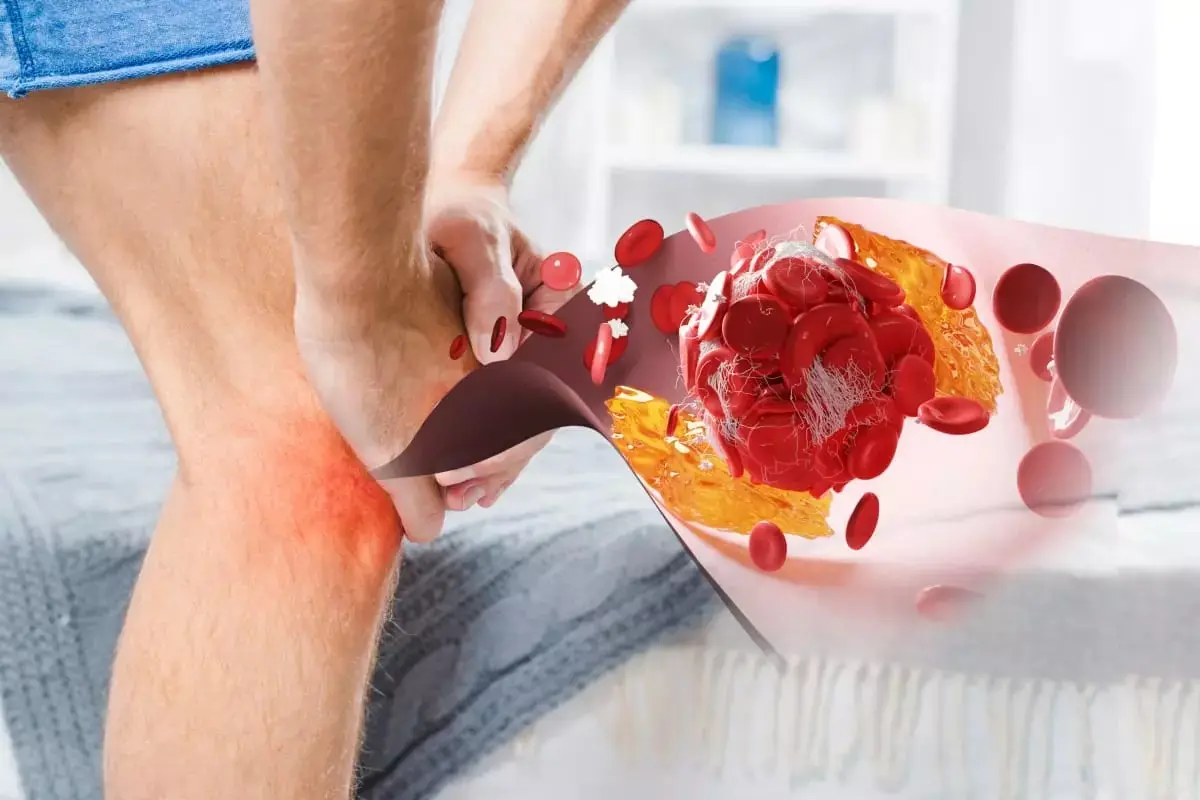
Your Feet Could Be Signaling That Your Arteries Are Clogged
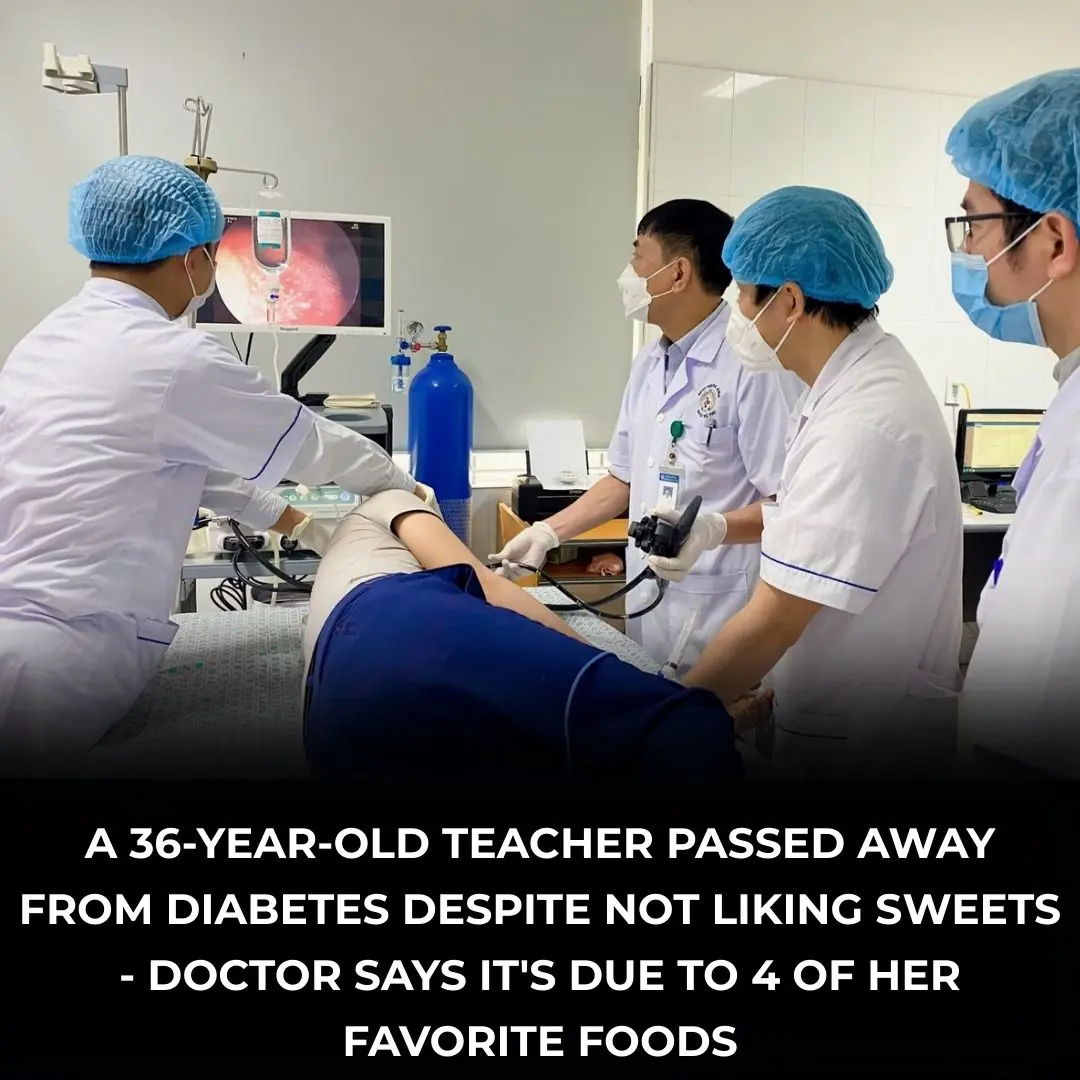
36-Year-Old Teacher Dies From Diabetes Doctors Say Was Triggered By Everyday Foods

Cancer Rates Rising in Gen X and Millenials Compared to Older Generations, Study Finds

Lungs Full of Mucus? 1 SINGLE Drop Clears Airways & Restores Lung Health! | Barbara O’Neill
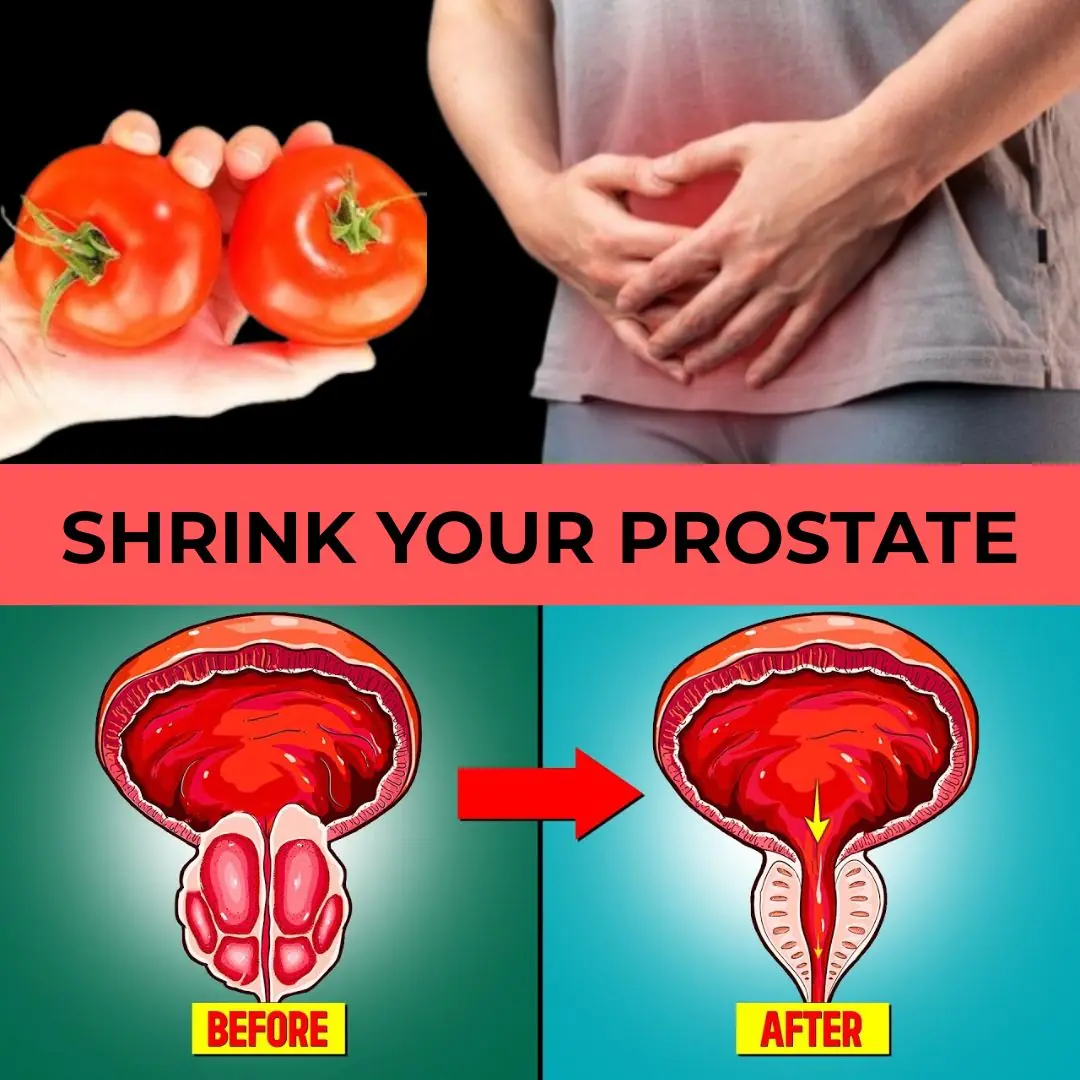
Rejuvenate Your Prostate Naturally: The Incredible Power of Tomato and Garlic Juice

Experts reveal the five foods that seriously affect your eyesight including one many of us eat every day

Early signs of diabetes many fail to notice

Bizarre permanent effect being stressed for just 5 days can have on your body

Everything to know about US measles outbreak as 2025 cases so far surpass numbers for whole of 2024

Caution Over Vaping After Teen Develops ‘Popcorn Lung’ Linked to Chemical Exposure

10 Reasons Ramen Noodles Are Bad For You (and How to Make Them Healthy)

101-Year-Old Doctor Is Still Driving, Shares His 7 Tips For A Long Life

Lab-grown teeth might become an alternative to fillings following research breakthrough
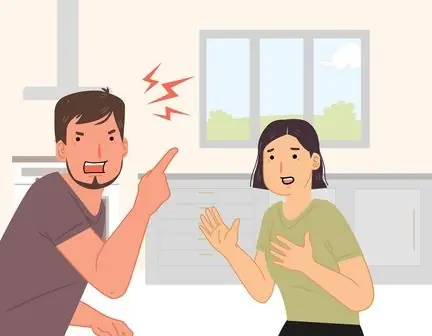
15 Surprising Things Men Say Make Women Seem Older Than They Are
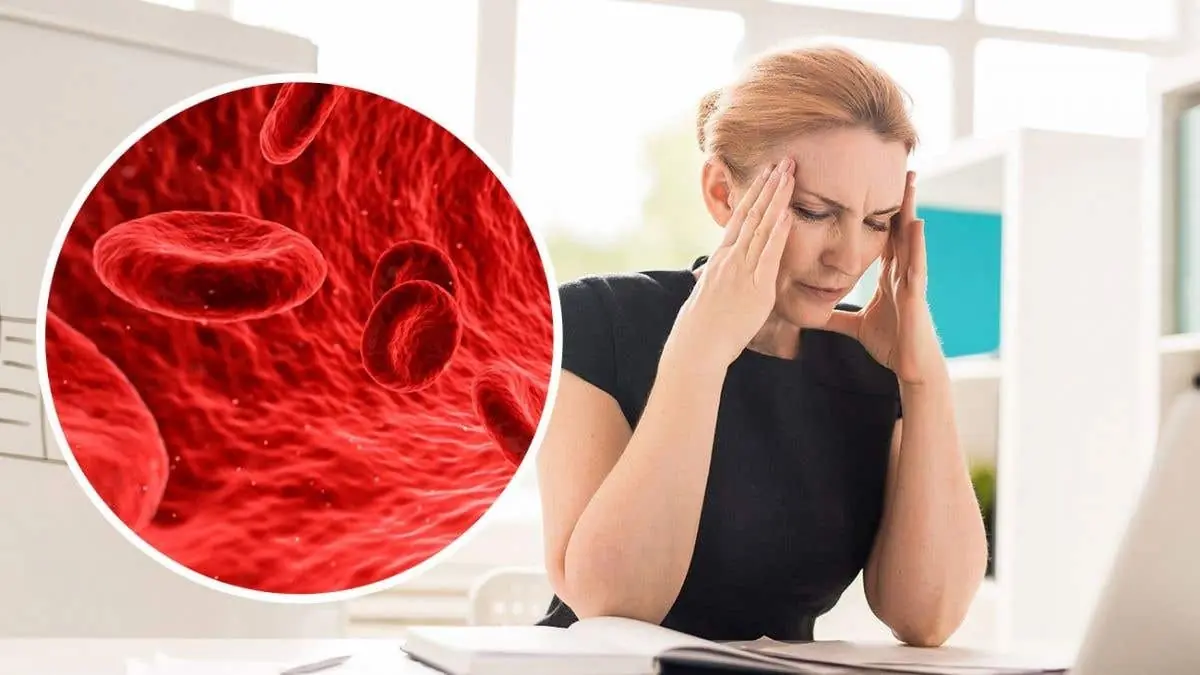
Study Finds People with Certain Blood Type Are Prone to Early Stroke

New Castor Oil, Celtic Salt & Baking Soda Detox Changes EVERYTHING! (Must Try!)

The Cancer Destroying LEAF That Doctors Aren’t Telling You About! Barbara O’Neill SECRET
News Post

I-motif DNA structures are formed in the nuclei of human cells

Hyperacute rejection-engineered oncolytic virus for interventional clinical trial in refractory cancer patients

Your Feet Could Be Signaling That Your Arteries Are Clogged

36-Year-Old Teacher Dies From Diabetes Doctors Say Was Triggered By Everyday Foods

Cancer Rates Rising in Gen X and Millenials Compared to Older Generations, Study Finds

Lungs Full of Mucus? 1 SINGLE Drop Clears Airways & Restores Lung Health! | Barbara O’Neill

Rejuvenate Your Prostate Naturally: The Incredible Power of Tomato and Garlic Juice

Experts reveal the five foods that seriously affect your eyesight including one many of us eat every day

Early signs of diabetes many fail to notice

Bizarre permanent effect being stressed for just 5 days can have on your body

Everything to know about US measles outbreak as 2025 cases so far surpass numbers for whole of 2024

My Sister Inherited Everything, While My Father Left Me Only a Chessboard, But the Secret It Held Shocked Our Entire Family
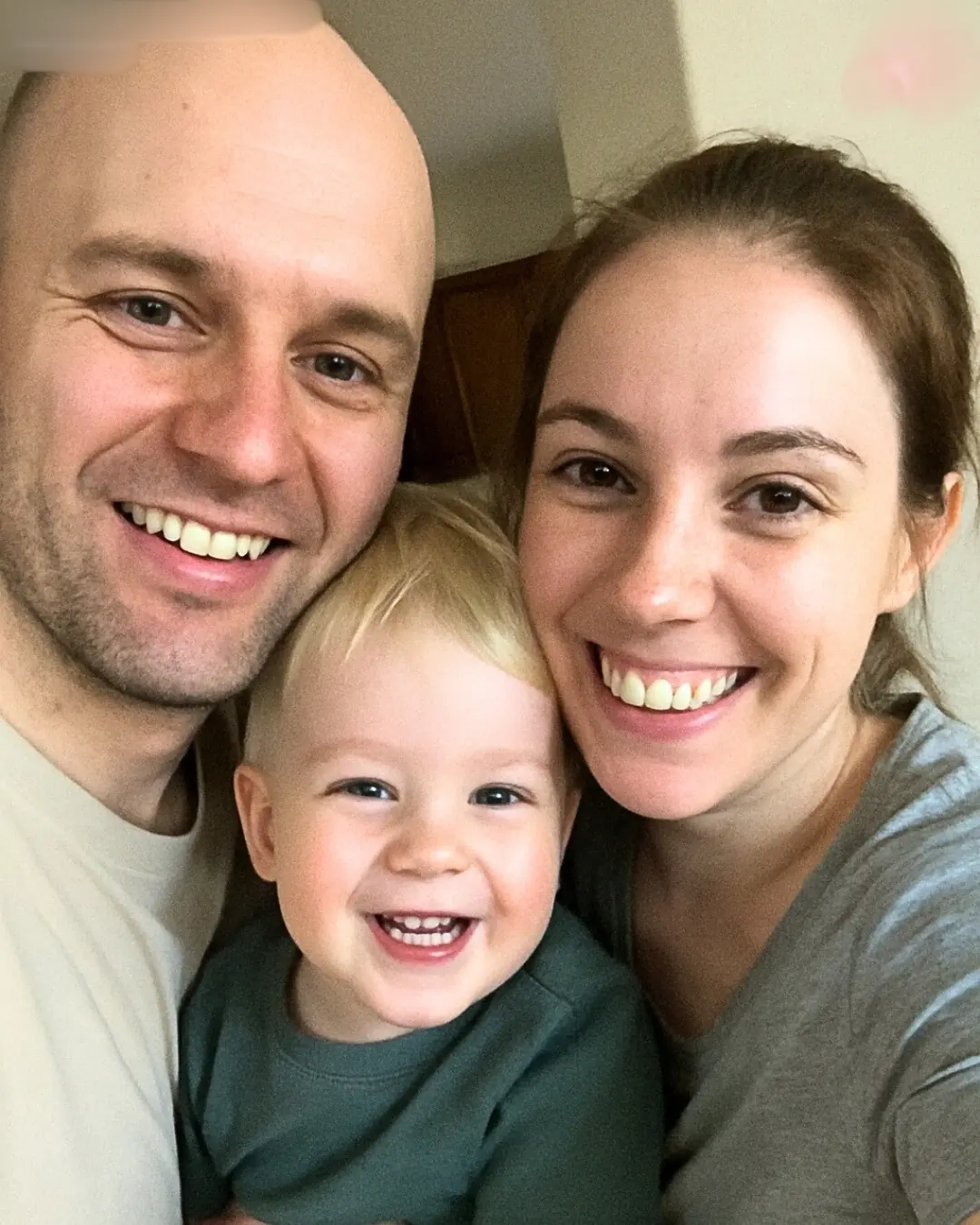
I Heard Our Baby Crying While I Was in the Shower & My Wife Was Watching TV – When I Entered His Room, I Screamed in Shock

My Husband Refused to Replace Our Broken Vacuum and Said I Should Sweep Since I'm 'Just on Maternity Leave' — So I Taught Him a Lesson He'll Never Forget

My FIL Got Rid of My Beloved Flower Garden & Dug a Pool for Himself without Permission – But Karma Hit Him Back Harshly

I Came Home to Find My Kids Outside with Packed Bags — It Was the Hardest Day of My Life
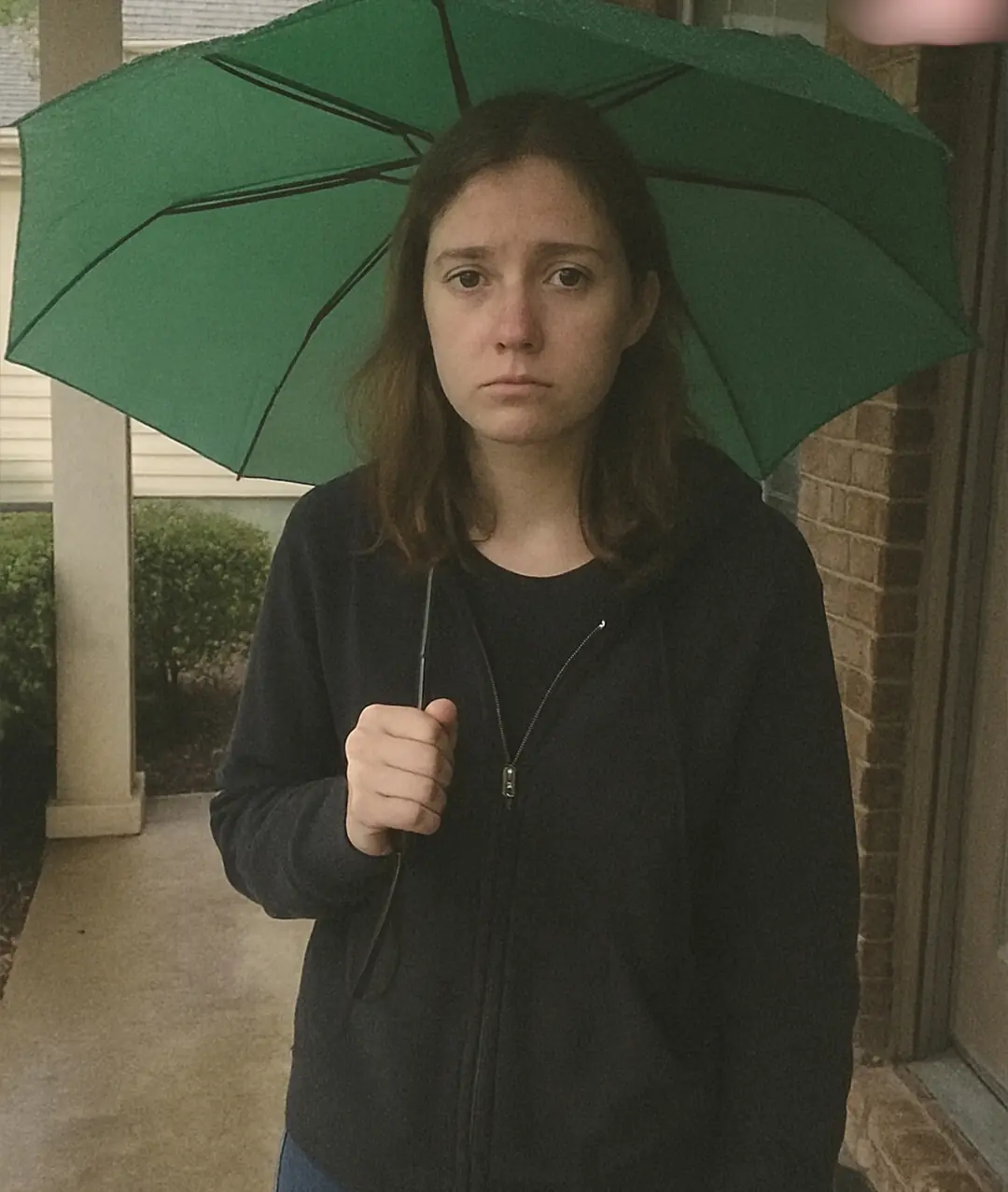
Greedy Brothers Mock Younger Sister Because She Only Inherited an Old Umbrella

My MIL Left Me Everything Instead of Her Own Children, But My Inheritance Came With a Trap
